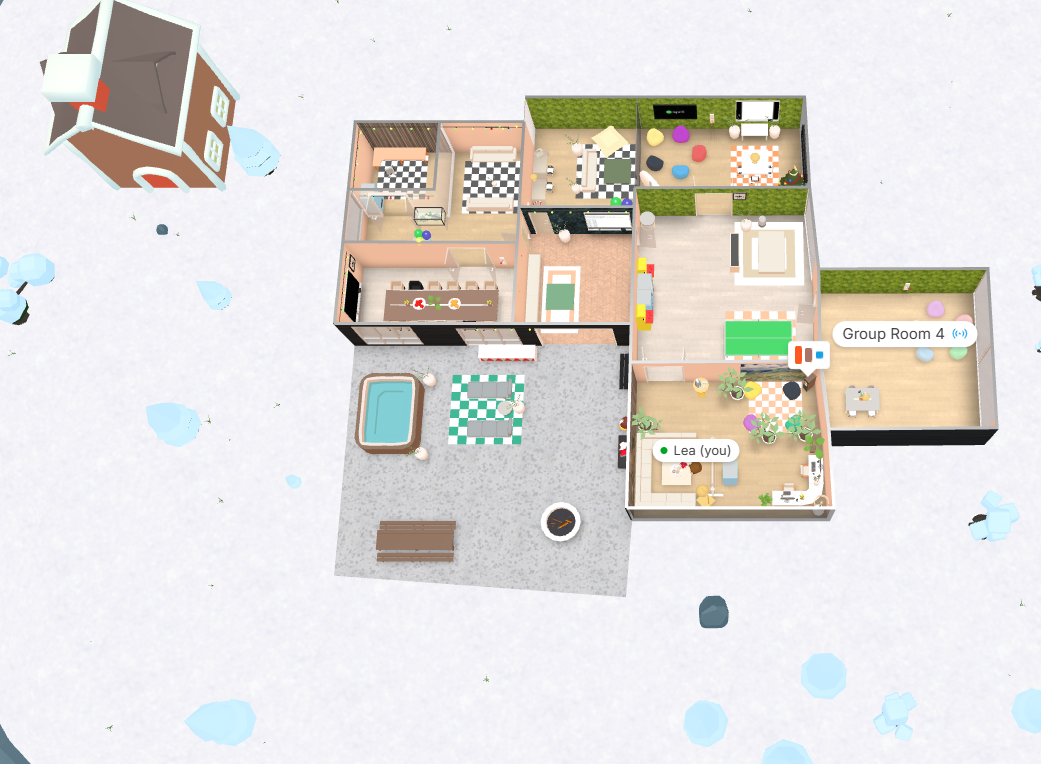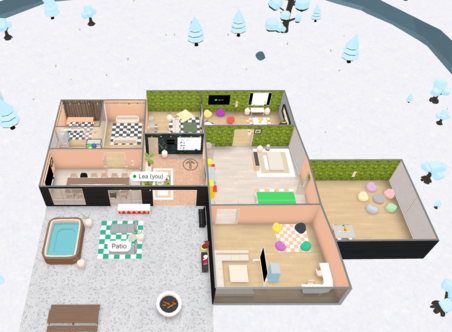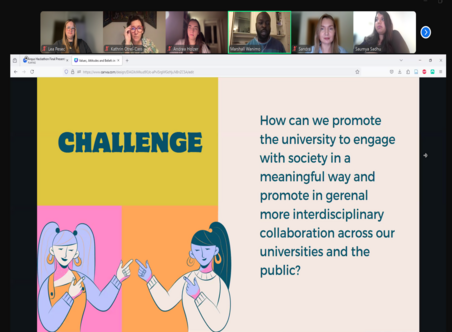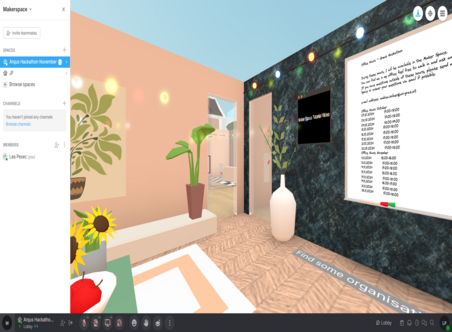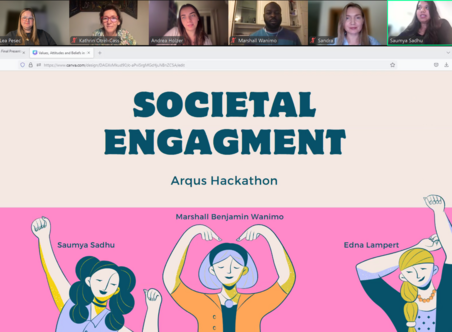The winning project, Human Library in a Virtual World, reimagined the traditional human library concept by moving it to a virtual space. This transition aimed to enhance inclusivity by overcoming geographical, physical, and other limitations, making the human library accessible to a broader audience. Through digital storytelling, the project fostered meaningful connections and knowledge-sharing, offering a forward-thinking approach with significant societal potential. The project also aligned with the Hackathon’s key themes, addressing the challenges of artificial intelligence and digital transformation, climate change and sustainability, and European identity and heritage.
The judges evaluated the projects based on creativity, feasibility, societal relevance, sustainability, and alignment with these themes. The winning team’s solution stood out for its innovative approach, its focus on inclusivity, and its commitment to sustainable practices.
The Hackathon’s format was inspired by the Hacking Innovative Pedagogies (HIP) project, led by the University of Graz. This project developed resources, such as the virtual Makerspace used in the Hackathon, to support innovative teaching and learning. More information about the HIP project can be found here.
The hackathon was organized by the AI&DT Living Lab, Uni-Prof. Dr. Otrel-Cass and Andrea Holzer, in collaboration with COLIBRI.
